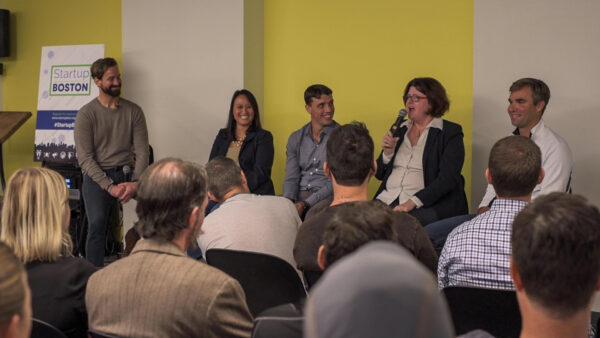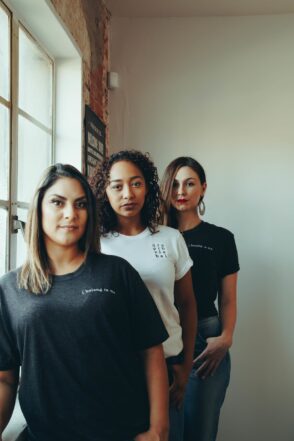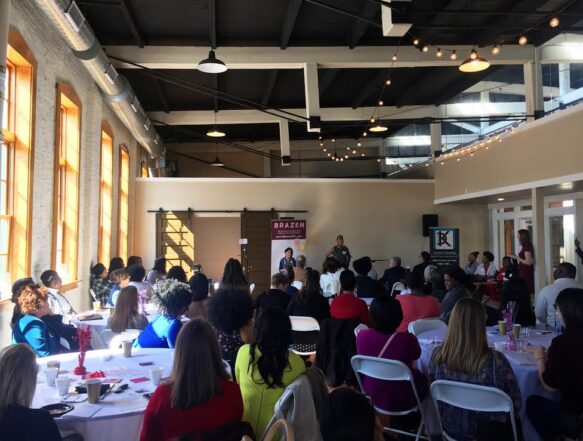Guest Post: Amelia Wellers
On an overcast Saturday in January, my mother and I walked the National Mall in Washington, D.C. with close to 500,000 people, in awe of the of the sheer diversity of opinion and unabashed advocacy that makes America great. An eight-year-old yelled, “Tell me what democracy looks like!” to a chorus of “This is what democracy looks like!” We ogled at signs both inspirational and bitingly humorous, unifying and glaringly polarizing. The crowd moved slowly but undulated with purpose. The wide streets of Washington and patient policemen allowed for pink-hatted humans, strollers and wheelchairs to move safely. It was a peaceful march, and though perhaps somewhat unguided in its message, provided millions with hope and an opportunity to be heard.
The next day, I returned to the site of the march (this time for those rad, free government-funded museums) and was astonished to find the streets entirely cleared of debris. Not even a stray pink hat. What a city! Built and maintained to support the active, frequent civic engagement of the masses! I believe this is one vital part of American democracy that is still thriving: providing citizens with a safe space to engage in the freedom of speech.
I often find that our work at CIC and at innovation centers around the globe follows a similar model. We provide innovators and entrepreneurs with the structure to build community and to pursue one’s own dreams, to occasionally accelerate past the speed of society, and to provide that safety net (or trampoline) for failure that only comes with the bravery to try. It was “success as usual” that marked the decline of Venice, and those who challenged the status quo paved the way around them towards exponential globalization.
In this great age of entrepreneurship, I challenge you (yes, you!) to dwell at the intersection of civic engagement and political innovation. I believe it is our civic responsibility to challenge the loopholes of our nation that some may say has led to regression on both sides of the aisle by way of racial, economic, health, education, religious or gender equality. While you’re at it, have a full conversation with someone who does not share your political stance. We need to begin understanding each other in order to move forward.
Speeding through the National Portrait Gallery (I take free museums very seriously) the night before returning to Boston, I found a painting of Lucretia Mott, a famed anti-slavery and women’s rights advocate of the 1840s. Her portrait was accompanied by this quote: “Let women then go on–not asking favors, but claiming as a right the removal of all hindrances to her elevation in the scale of being.” I think we’ll get there, but for the sake of dear Lucretia and her contemporaries, let’s make sure it doesn’t take us 200 years.
Amelia Wellers is the Events and Marketing Coordinator at CIC in Massachusetts. Her experiences, perceptions, and statements are her own.
**If you’d like to take a trip to D.C., consider applying to work out of 1776, an accelerator that CICers have access to through the Startup Federation network.




